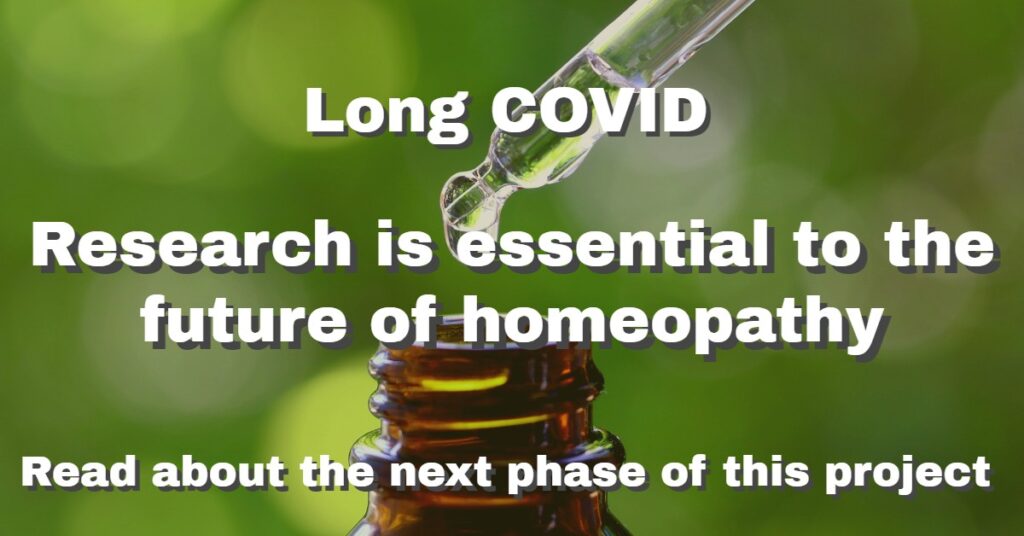The Sunday Times March 2021
HINT demands a retraction by the Sunday Times

The Sunday Times published an article on 21st March 2021 entitled: Middlesex University cuts ties over homeopathic Covid ‘cures’
HINT is disappointed that a respected publication like the Sunday Times would allow publication of an article of such poor quality.
We are further surprised that a journalist of Shanti Das’s calibre (US Bureau Chief of SWNS. a prominent news agency that prides itself on real journalism) would author another piece so far outside the accepted standards applied to journalism in the UK. This article is considered to be a sensationalist, badly informed and grossly inaccurate piece. HINT demands a retraction of this article together with a correction of the factual errors.
The headline – Middlesex University cuts ties over homeopathic Covid ‘cures’
The headline is FALSE and not validated by the text. In 2016 it was mutually agreed that the CHE and Middlesex partnership would end because Middlesex University were closing their department of Integrated Healthcare. There have been no new candidates on this course since 2017 and the award is on a teach out that ends in June 2021. The usual five-year limit for completion for existing Middlesex students remains in place.
The statement of intent from Middlesex University was obtained by deception with Ms Das having falsely stated to the university that CHE was teaching inappropriately on the Middlesex approved award. Not only was the information on what was being discussed grossly inaccurate, but the discussions were not part of the Middlesex award and none of the reported content is taught on the degree course.
This is the second occasion during a period of 24 months in which a sensationalist, badly informed and grossly inaccurate article by Ms Das has been published by the Sunday Times. In publishing the article the Sunday Times is clearly in breach of the Independent Press Standards Organisation (IPSO) Editors’ Code of Practice Article 1 of which requires:
i) The Press must take care not to publish inaccurate, misleading or distorted information or images, including headlines not supported by the text.
ii) A significant inaccuracy, misleading statement or distortion must be corrected, promptly and with due prominence, and — where appropriate — an apology published. In cases involving IPSO, due prominence should be as required by the regulator.
To be clear Homeopaths do NOT use biohazardous materials. All homeopathic medicines are manufactured and sold in highly regulated pharmacies and subject to the same scrutiny concerning safety of manufacture as pharmaceutical drugs. Homeopathic medicines are specially prepared using a process of potentization, which includes high levels of dilution.
Homeopathy delivers individualised treatment for each patient and their specific set of symptoms. This is a key difference that separates homeopathy from conventional medicine, which relies on first naming the disease before being able to prescribe a drug.
We await your undertaking to retract.





